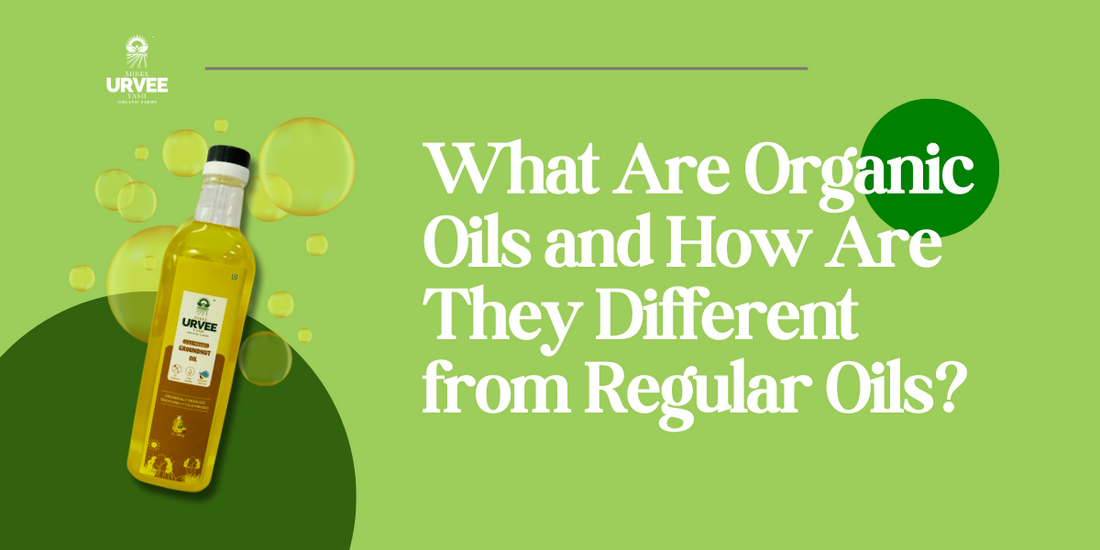In today's health-conscious world, the demand for pure and natural products is on the rise. Among these, organic oils have garnered significant attention for their purported health benefits and environmental advantages. But what exactly sets organic oils apart from their regular counterparts? Let's delve into the distinctions and understand why making the switch might be beneficial for you.
Understanding Organic Oils
Organic oils are extracted from plants cultivated without the use of synthetic pesticides, herbicides, or genetically modified organisms (GMOs). These oils are produced following stringent organic farming practices that prioritize soil health, biodiversity, and ecological balance. The extraction processes, such as cold-pressing or steam distillation, are designed to retain the oil's natural properties without introducing harmful chemicals.
Key Differences Between Organic and Regular Oils
1. Cultivation Practices
Organic Oils: Derived from plants grown using natural fertilizers and pest control methods. These practices ensure the absence of harmful chemical residues in the final product.
Regular Oils: Often sourced from conventionally grown crops that may involve synthetic chemicals, potentially leaving residues in the oil.
2. Extraction Methods
Organic Oils: Typically extracted using mechanical methods like cold-pressing, which preserve the oil's nutritional value and aroma.
Regular Oils: May undergo chemical extraction processes involving solvents like hexane, which can affect the oil's purity and nutritional profile.
3. Environmental Impact
Organic Farming: Promotes sustainable agriculture by enhancing soil fertility, conserving water, and reducing pollution.
Conventional Farming: Can lead to soil degradation, water contamination, and loss of biodiversity due to chemical usage.
4. Health Implications
Organic Oils: Free from synthetic additives, making them a safer choice for consumption and topical applications.
Regular Oils: Potential presence of chemical residues may pose health risks over prolonged use.
Benefits of Choosing Organic Oils
Enhanced Nutritional Value: Organic oils retain more of their natural antioxidants and essential fatty acids, contributing to better health outcomes.
Purity and Safety: Absence of synthetic chemicals reduces the risk of allergic reactions and other health issues.
Eco-Friendly: Supporting organic products encourages sustainable farming practices that are kinder to the planet.
Better Taste and Aroma: Organic oils often have a richer flavor and aroma, enhancing culinary experiences.
Explore High-Quality Organic Oils at Urvee Organic Farms
At Urvee Organic Farmss, we are committed to providing you with the finest selection of organic oils. Our products are:
100% Certified Organic: Ensuring purity and adherence to organic farming standards.
Cold-Pressed: Preserving the natural goodness of the oils.
Eco-Conscious Packaging: Using sustainable materials to reduce environmental impact.
Experience the difference with our range of organic oils:
Wood-Pressed Yellow Mustard Oil
Wood-Pressed Black Mustard Oil
Conclusion
In conclusion, choosing organic oils over regular ones is a decision that benefits not only your personal health but also the environment. Organic oils are produced without synthetic pesticides or fertilizers, ensuring a purer product rich in natural nutrients and free from harmful residues. This purity translates to enhanced health benefits, such as improved heart health, reduced inflammation, and better skin nourishment. Moreover, organic farming practices promote soil health and biodiversity, contributing to a more sustainable planet.

